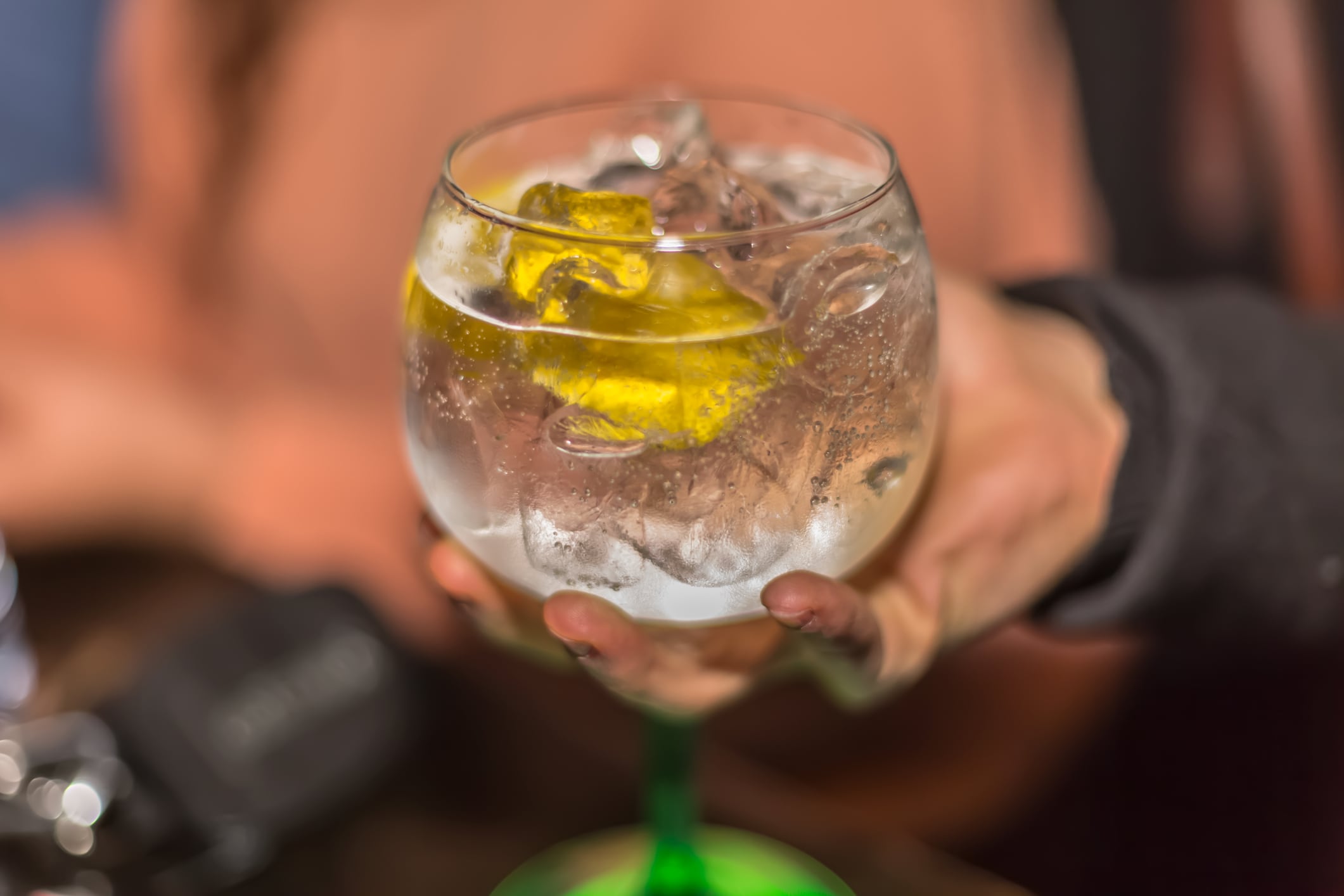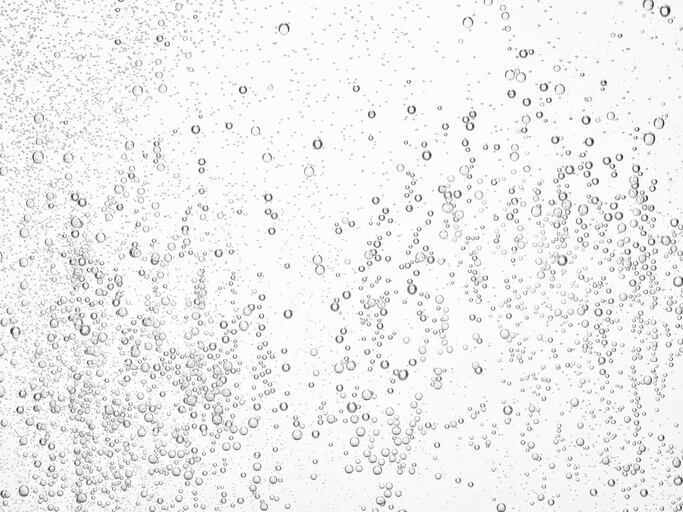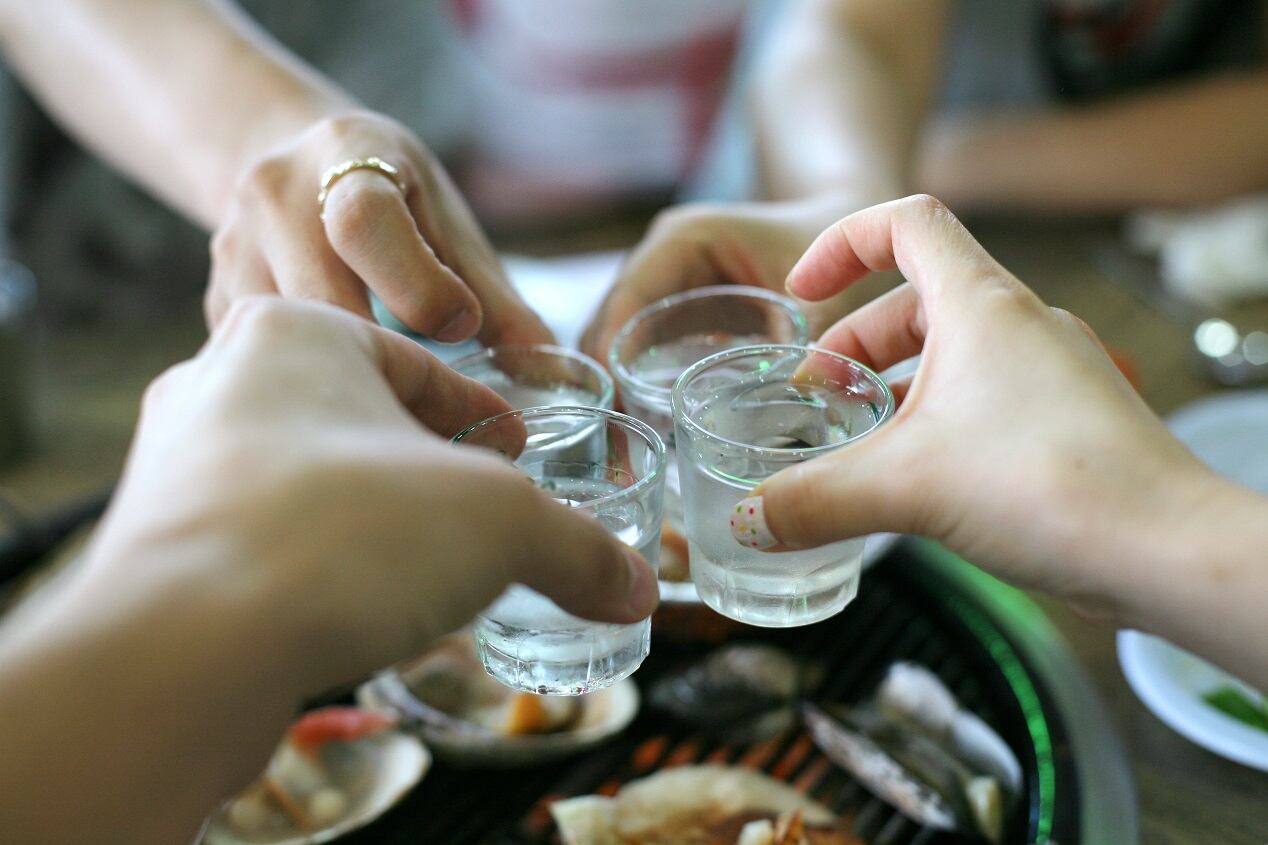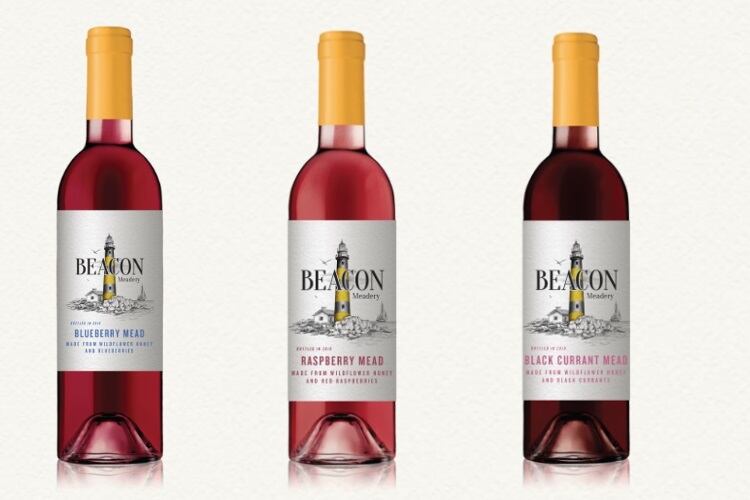Pre-mixed G&Ts, for example, can contain nine teaspoons of sugar in a 250ml can - equivalent to a can of cola.
And as alcohol doesn’t have to display nutritional information like their non-alcoholic counterparts, nine out of 10 pre-mixed spirit drinks don’t give consumers on-pack information on sugar content.
The UK's sugar tax applies to soft drinks, and comes into effect at 5g sugar per 100ml. Action on Sugar says alcoholic RTDs should be told to reformulate to come in under this threshold, or else face a fine.
One RTD equivalent to four doughnuts
Action on Sugar surveyed 202 RTD (ready to drink) alcoholic beverages sold in-store and online. Out of the 154 products collected in-store, nutrition information on pack was ‘shockingly low’.
It found 41% of products in-store had some form of nutritional information on pack; while only 9% displayed information about the sugar content.
Traditional pre-mixed cocktails were found to be ‘exceedingly high in sugar’: TGI Friday’s Passion Fruit Martini has more than 12 teaspoons of sugar (49.1g) in a 500ml pack (9.8g per 100ml).
In the fruit-based mixed drink category, WKD Blue was the worst offender among the products surveyed, with 59g per 700ml pack – equivalent to four iced doughnuts (this equates to 8.4g per 100ml).
Archers Schnapps & Lemonade contains 33g per 250ml pack (13g per 100ml); while a Classic Combinations Pink Gin and Tonic contains 27g per 250ml pack (11g per 100ml) – equivalent to a can of cola.
For a number of products surveyed, information about sugar content was simply not available.
But campaigners say that other drinks on the market prove it is possible to reformulate and lower sugar in such drinks, such as by the use of a diet, light or low sugar mixer.
Balans Mandarin Aqua Spritz (4%), for example, contains 1.5g sugar per 250ml can: sweetened with a ‘hint of cane sugar and all-natural fruit flavors’ without artificial flavors or sweeteners. Sugar and calorie content is available on pack.
Tesco Gin & Low Calorie Tonic contains 0g sugar, sweetened with aspartame and acesulfame-K.
Government should 'lay down the law', says Action on Sugar
Action on Sugar says previous governments have ‘blatantly ignored’ alcoholic drinks in obesity strategies and left the alcohol industry to police itself. It points out a disparity between how alcoholic drinks and non-alcoholic drinks are treated under regulations.
The UK’s Soft Drinks Industry levy applies only to drinks with less than 1.2% ABV and not to alcoholic drinks. A lemonade, therefore, is taxed; whereas a vodka and lemonade is not.
“It seems there is a lack of motivation by government to ‘lay down the law’ when it comes to the alcohol industry and this needs to change,” Holly Gabriel, registered nutritionist for Action on Sugar, told this publication.
“This is a question to put to government as alcoholic drinks continue to be excluded from vital sugar reduction. Sugar reduction policies tend to focus on childhood obesity and therefore alcoholic drinks have slipped through the net. There will be opportunities post Brexit to change this and it’s an opportunity that should not be missed.”
A fine for high sugar drinks?
Action on Sugar suggests a fine for alcoholic RTD drinks that go above the SDIL threshold of 5g sugar/100ml.
“The fine would be the consequence of not reformulating, as it is so for the SDIL,” said Gabriel.
“Current rates are 18p per litre on drinks that have a total sugar content of more than 5g and less than 8g per 100ml and 24p per litre on drinks that have a total sugar content of 8g or more per 100ml.
"Although this should be reviewed and thresholds reduced year on year, there is no reason why this isn’t paid by producers of sugar-sweetened alcoholic drinks. There may be a more suitable criteria for alcoholic drinks in which the treasury and government would need to review, that being said there is no reason for them not be included in the current SDIL in addition to current alcohol duties.”
Meanwhile, the EU’s Food Information to Consumers Act requires food and beverages to give nutritional and ingredients information to consumers – but again alcoholic drinks (over 1.2% ABV) are exempt. While movements have been made to voluntarily display calorie information on products such as beer and spirits, pre-mixed drinks rarely do so.
The European Commission published a report in 2017, calling on the alcoholic drinks industry to develop a voluntary code of practice to communicate ingredients and nutritional information to consumers, either on label or on-line. The deadline for this, however, is not until 2021 – and the findings of this report would focus on voluntary and not legally compulsory measures.
Action on Sugar says it wants to see nutrition labelling and uniform colour-coded labelling on front-of-pack to be made mandatory across food and drink products, including alcohol drinks.
Treat alcohol like sugar - and sugar like alcohol
Action on Sugar is calling for the government to include all alcoholic drinks in public health strategies for sugar reduction, and not just for their alcohol content.
It says pre-mixed alcoholic drinks should be subject to the same criteria as the UK’s SDIL (which taxes beverages with more than 5g sugar per 100ml) – and those that don’t should be fined.
“This is the first time a survey of this kind has been conducted and the results highlight an immediate need for alcoholic drinks to be included in vital public health policies,” said Gabriel.
“Customers should be able to purchase better options and reformulating these drinks with less sugar, calories and alcohol is one way to achieve this. Our survey clearly shows similar drinks can be made with less sugar and calories, yet drink manufacturers are failing to take the appropriate action. Urgent attention is required from the government to ensure that gaps in the law do not contribute to the rise in obesity and related health conditions, as well as alcohol harm.”




